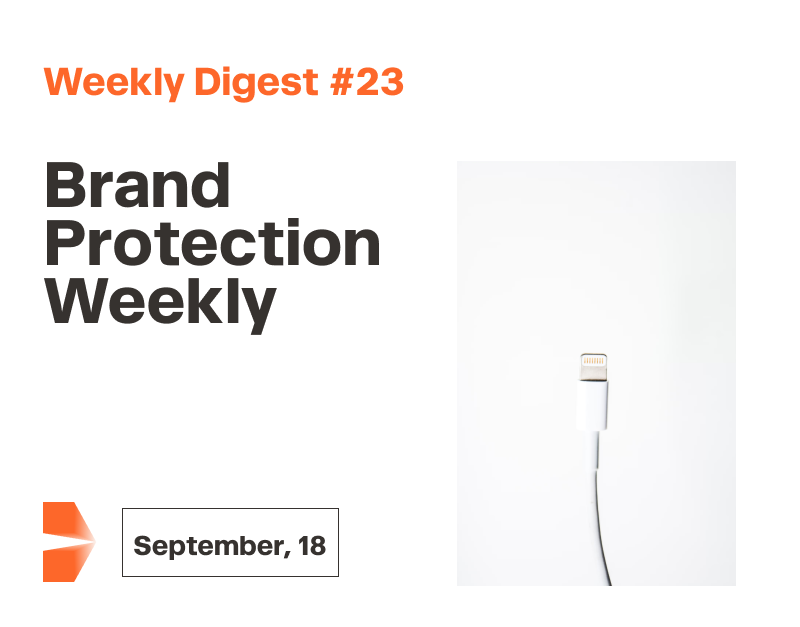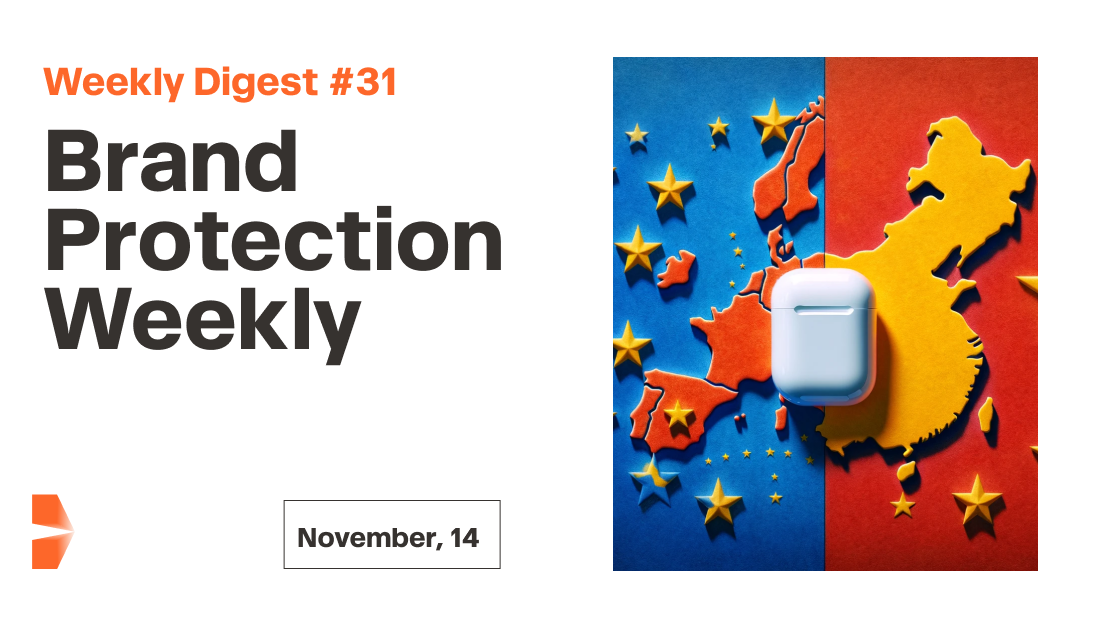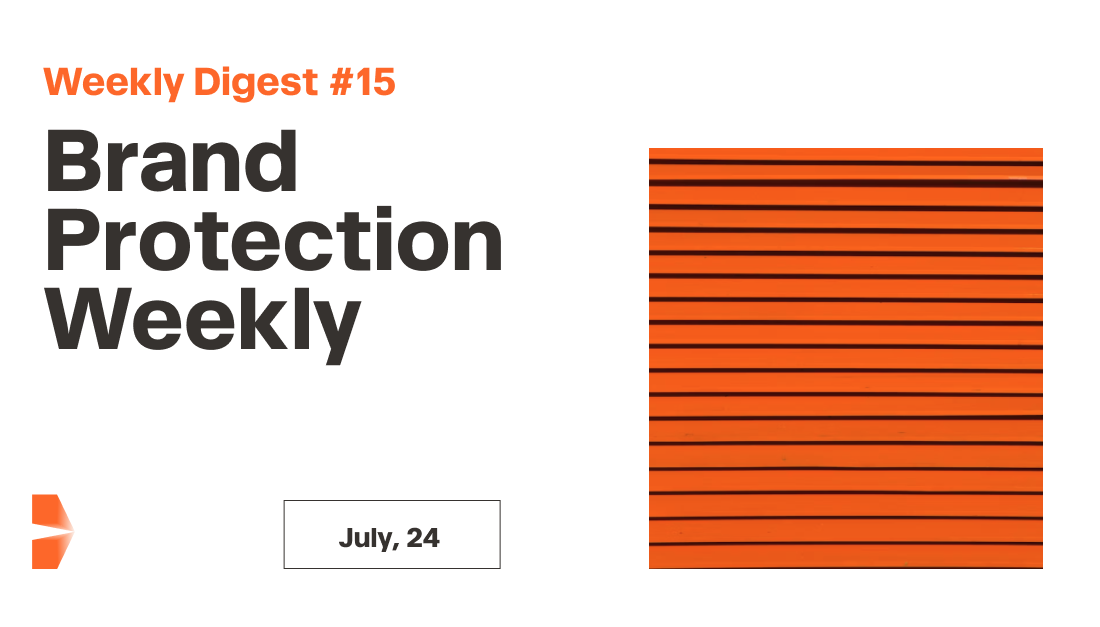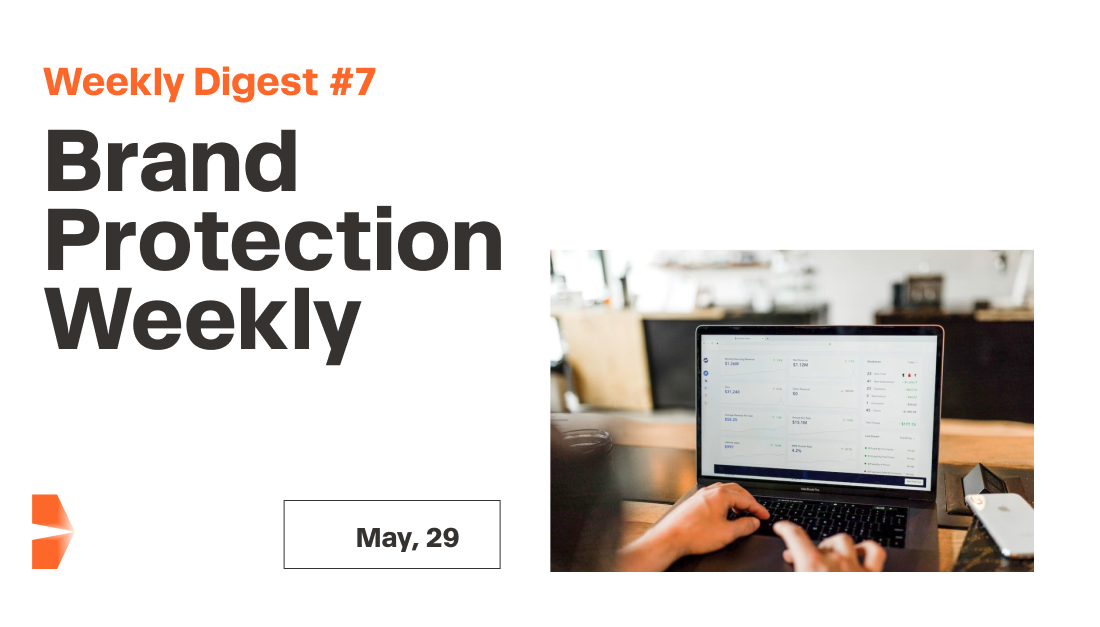$264 Million Lawsuit Hits Vegas Karaoke Club for Alleged Copyright Breach

In cafes, restaurants, even offices, and shopping centers, you can almost always hear music playing in the background. This has become a norm over time. However, when it comes to public spaces, using music is deemed a commercial activity. Therefore, it requires obtaining permission from the copyright holder.
Thankfully, there are numerous services offering access to extensive audio file libraries for a set monthly fee. This model is known as a 'subscription fee model'.
For many business owners, the need for such a license can come as a surprise. But the law is clear: using someone else’s intellectual property is only legal with the owner's consent. The consequences for not complying can be severe. For instance, a karaoke club in Las Vegas was once sued for a staggering $264 million.
Main Facts:
- Sybersound Records Inc. sues Kamu Ultra Karaoke at The Venetian, Las Vegas.
- The lawsuit demands $264 million for copyright infringement.
- Accusations involve playing Sybersound's music via YouTube without permission.
In Details:
In a dramatic turn of events, the Las Vegas scene is shaken by a hefty $264 million lawsuit. Sybersound Records Inc., known for Party Tyme Karaoke, has targeted Kamu Ultra Karaoke, a popular venue at The Venetian. The crux of the case? Alleged unauthorized streaming of Sybersound's music.
Instead of legally streaming music through the Party Tyme Karaoke Pro service, Kamu Ultra Karaoke is accused of resorting to YouTube, a move described in the lawsuit as "naked theft and piracy." Customers reportedly accessed karaoke songs through tablets in the club, guided by the venue's staff.
The plaintiff, a Universal Music Group affiliate, boasts a prestigious catalog used in shows like "American Idol." They allege Kamu's unauthorized use of their tracks for over three years, while the nightclub pocketed hefty admission fees.
Sybersound demands a court order to block further use of its music alongside the substantial damages. Defendants include Kamu Ultra Karaoke's owner, The Venetian's parent company, and the operators of the Grand Canal Shoppes.
The assessment of the seriousness of this offense will be made by the court; however, the amount of the claim seems quite substantial even without a trial. We will follow the development of events and tell you about them once the case is resolved.
Source: Las Vegas Review-Journal
Sony and AP Tackle Fake News with In-Camera Authenticity Tech
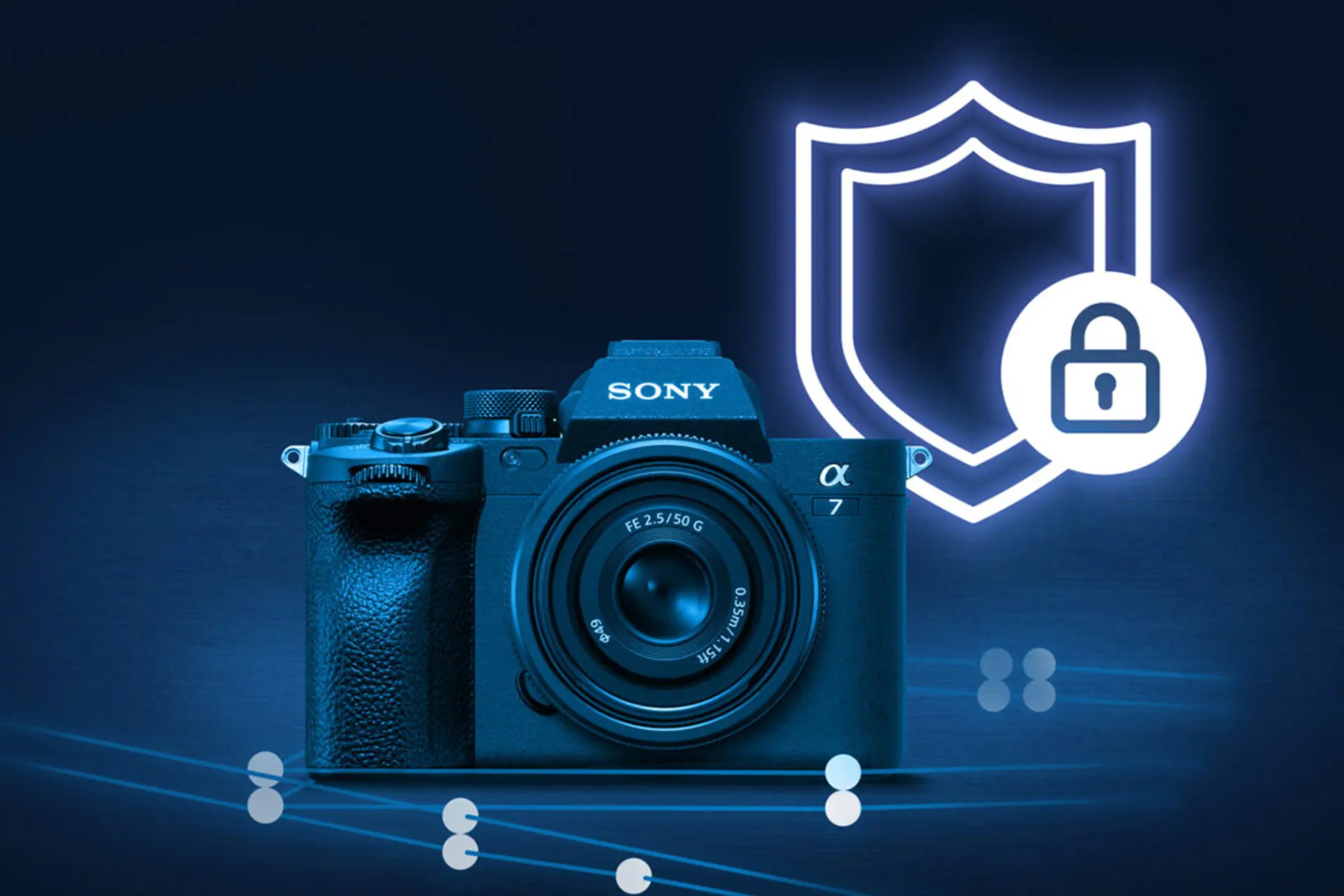
Every day, news outlets publish stories that aren't always credible. A prime example is the recent photo of Pope Francis wearing a Balenciaga white down jacket, which went viral worldwide, and initially, many people believed it was authentic. This widespread ability to create such content is largely thanks to the advancements in artificial intelligence, which can generate any photo in mere seconds.
Considering that these photos often make it into the news and have a significant social impact, reliable tools for verifying the authenticity of images are essential. Sony, following in the footsteps of a similar initiative by Leica, is now offering one such solution.
Main Facts:
- Sony Electronics completes testing with The Associated Press on in-camera authenticity technology.
- The new feature adds a digital certificate to images, certifying their origin.
- It's a significant step against fake imagery in journalism.
In Details:
Sony Electronics and The Associated Press have successfully completed testing an advanced in-camera authenticity technology, marking a major stride in combating fake news. This innovative feature embeds a digital certificate into images at the point of capture, ensuring their authenticity from the start.
The technology addresses the growing concern of manipulated images in journalism. With AI's rapid advancement, distinguishing between genuine and altered imagery has become more challenging. Sony's solution offers a machine-generated digital signature within the camera's hardware, reducing the risk of undetected manipulations.
Neal Manowitz, President and COO of Sony Electronics, emphasized the technology's role in preventing the spread of misinformation. "The dissemination of false images has a real-world social impact," Manowitz stated. "We're committed to using our resources to help solve this."
In collaboration with Camera Bits, makers of Photo Mechanic, Sony tested the technology's integration into standard workflow processes. The test ensures that the digital signature remains intact throughout editing, offering a new layer of trust in photojournalism.
Set for a Spring 2024 release in a firmware update for select Sony Alpha cameras, this technology is a significant tool for news agencies and professionals in ensuring the credibility of their visual content.
Source: Sony Electronics
Microsoft's Stance on AI and Copyright: User Responsibility
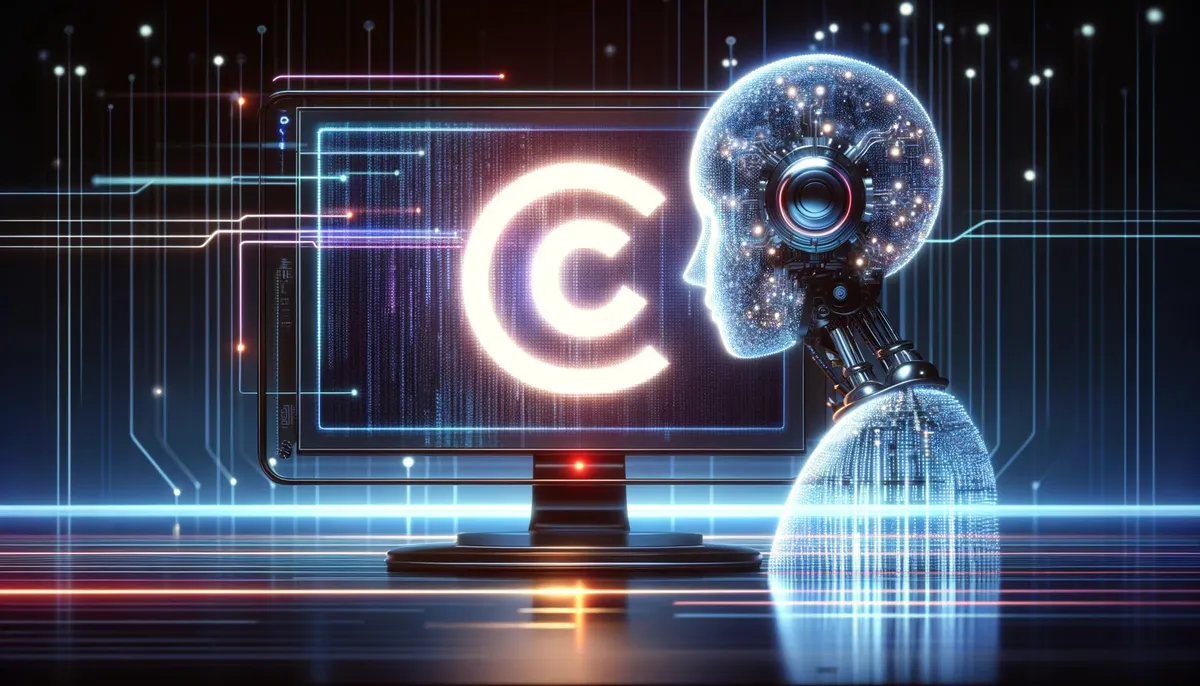
In our recent issues, we've discussed how Google, followed by OpenAI, offered their AI tool clients full legal protection in case of copyright infringement claims. We noted that this was a significant step towards proper regulation in the industry – companies are not leaving users to face claims alone but are ready for dialogue.
However, Microsoft, which is also an investor in OpenAI, is now stating the opposite: the responsibility for content generated by neural networks and any potential copyright infringements lies with the users. Why is this the case? We delve deeper into this issue in the following sections.
Main Points:
- Microsoft suggests end users should be liable for copyright infringements involving AI.
- The company argues generative AI is akin to using a camera or photocopy machine.
- Microsoft emphasizes the importance of responsible use of AI tools by users.
In Details:
Microsoft has recently highlighted that end users should bear responsibility for any copyright infringement when using AI tools. This comes amid ongoing discussions about the legal implications of AI-generated content. Microsoft compares the use of generative AI to operating a video camera or photocopy machine, where the onus is on the user to ensure lawful use.
The debate intensifies as AI development faces scrutiny, with safety and adherence to laws becoming crucial. While Microsoft advocates for user responsibility, it also acknowledges the need for measures to prevent copyright infringement in its AI products, like Copilot.
Addressing the concerns of creators and artists, Microsoft expresses its willingness to collaborate with them to understand and address issues related to AI-generated content. The company is exploring tools, policies, and filters to mitigate risks and support the creative community.
Despite the situation initially evolving towards placing responsibility on the developers of AI tools, Microsoft's recent statement has made the issue less clear-cut.
What does this mean for creators and users? Simply put, a unified legal framework for regulating the use of intellectual property by neural networks has not yet been established, and there is no consensus on how responsibility should be divided.
Source: Windows Central
Stay Alert During Sale Season: How to Avoid Scams

As the festive sale season approaches, it's crucial to remain extra vigilant. We care about the security of your shopping experiences and want to warn you about the most current scams of 2023.
This year, fraudsters have become more inventive, employing new methods of deception. We've gathered information on the most common tricks and how to avoid them, helping you to shop safely and with confidence.
Problem: Incorrect Bank Details Scam
Fraudsters may send emails asking to correct bank details due to a supposed transaction issue.
- Solution: Never click on links in such emails. Instead, contact the retailer directly through their official website or customer service.
Problem: Buying Counterfeit Goods
The spread of ads for fake goods, especially on platforms like Instagram or Facebook Marketplace.
- Solution: Check the seller's reviews and be cautious of deals that seem too good to be true.
Problem: Tracking Number Fraud
Sending fake messages with bogus tracking numbers.
- Solution: Do not click on links in such messages. Instead, check the delivery status directly through official courier websites.
Problem: Bogus Discount Codes and Offers
Sending fake offers and discount codes pretending to be from well-known brands.
- Solution: Always go to the official retailer websites to confirm promotions and discounts.
----
And there you have it – we've reached the end of this week's round-up of noteworthy legal battles in the world of trademarks and copyright.
As always, we at BrandMonitor are grateful for your continued support and interest in staying informed. We believe that knowledge is power, and staying updated is essential for making better decisions in your personal and professional lives. Have a fantastic week, and we'll see you in our next Weekly Digest! Stay vigilant, stay informed.
Yours sincerely, the BrandMonitor Team





